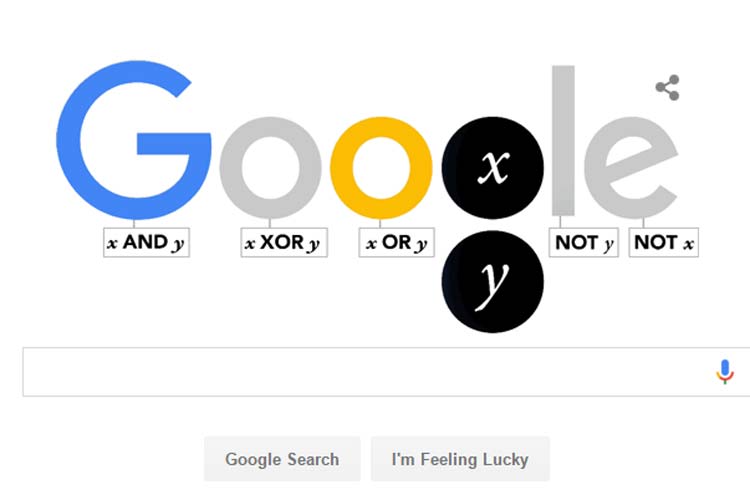George Boole: The Mathematician Who Revolutionized Logic and Computing

George Boole (2 November 1815 – 8 December 1864) was a largely self-taught English mathematician, philosopher, and logician, most of whose short career was spent as the first professor of mathematics at Queen’s College, Cork in Ireland. He worked in the fields of differential equations and algebraic logic and is best known as the author of The Laws of Thought (1854) which contains Boolean algebra. Boolean logic is credited with laying the foundations for the Information Age, alongside the work of Claude Shannon.
Life & Career
George Boole was born on November 2, 1815, in Lincoln, England. He came from a modest background, and his early education was limited. However, he showed a strong aptitude for mathematics and self-taught himself various subjects. His passion for learning led him to open his own school in Lincoln at the young age of 20, where he became a teacher and continued his studies.
Boole’s most significant contributions were in the fields of mathematics and logic. He worked on a system of symbolic logic that would later become known as Boolean algebra. In 1847, he published “The Mathematical Analysis of Logic,” introducing this revolutionary system, which laid the groundwork for computer science and the design of digital computer circuits. His work introduced the concepts of “AND,” “OR,” and “NOT” operations, which are fundamental in computing and programming.
In 1854, Boole further developed his ideas in “An Investigation of the Laws of Thought.” His pioneering work helped bridge the gap between logic and mathematics, incorporating logic into mathematical equations. His legacy lives on through Boolean logic, which remains fundamental to computer science and modern technology.
Legacy and Awards
George Boole’s legacy is profound. He is regarded as one of the forefathers of the information age, as his Boolean algebra is the foundation for digital computer design and programming languages. The significance of his work is recognized by the fact that computer scientists still use Boolean logic in the development of software and hardware.
Boole’s life was cut short when he passed away on December 8, 1864, at the age of 49. Despite his relatively short career, his contributions to mathematics and logic were monumental and have had a lasting impact on the world.
Notable Works
- “The Mathematical Analysis of Logic” (1847): This work introduced Boolean algebra, a groundbreaking system of symbolic logic.
- “An Investigation of the Laws of Thought” (1854): Boole’s further exploration of Boolean algebra, incorporating logic into mathematics.
George Boole’s remarkable ideas continue to shape the world of mathematics and computer science, making him a pioneer in the digital age.
On 2 November 2015, a Google Doodle was created to celebrate George Boole’s 200th Birthday.
Observer Voice is the one stop site for National, International news, Sports, Editor’s Choice, Art/culture contents, Quotes and much more. We also cover historical contents. Historical contents includes World History, Indian History, and what happened today. The website also covers Entertainment across the India and World.

